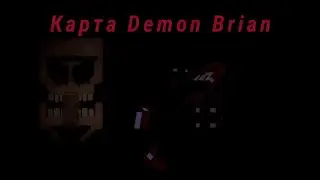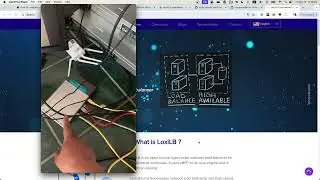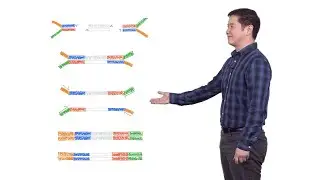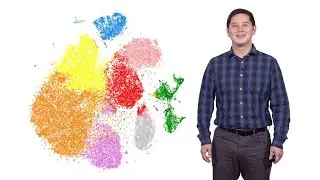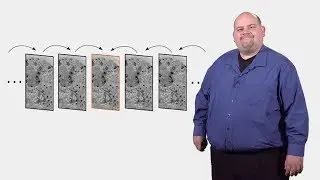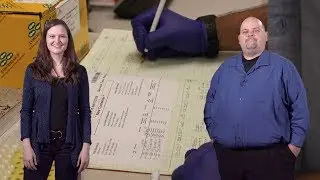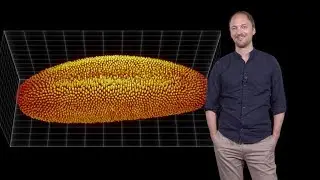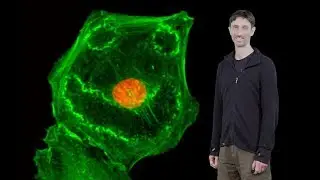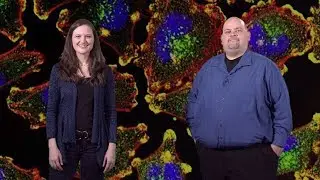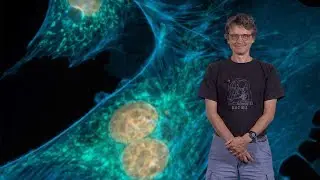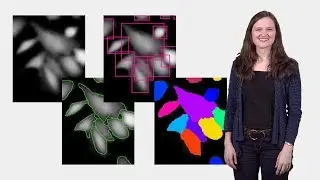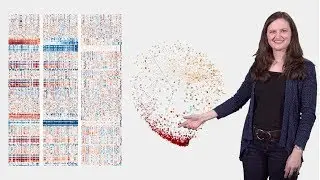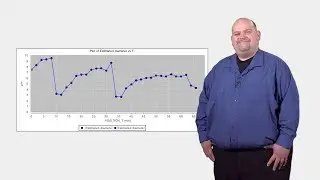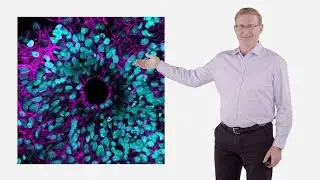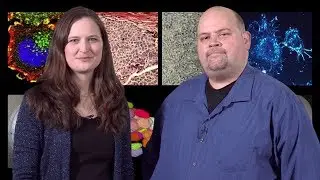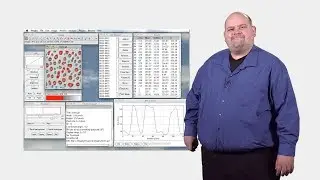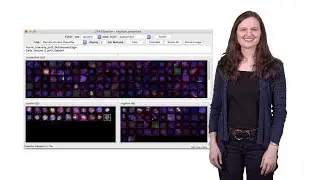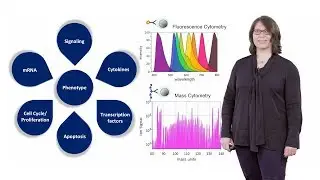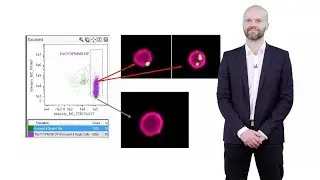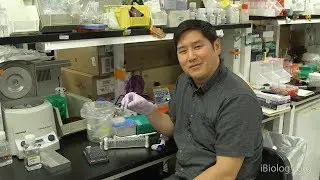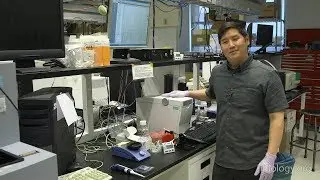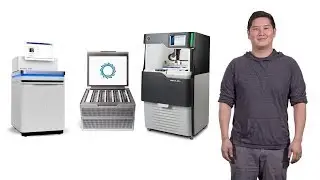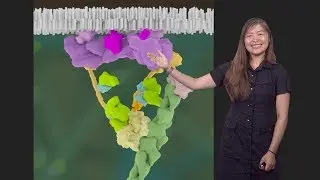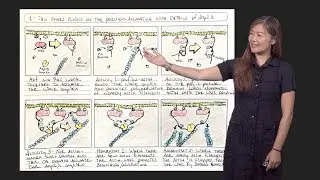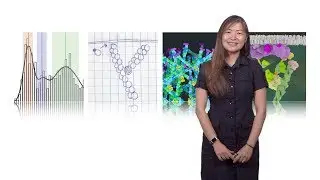Single Cell Sequencing - Eric Chow (UCSF)
https://www.ibiology.org/techniques/s...
Dr. Eric Chow gives an overview of single cell sequencing, explains why this approach is useful, and talks through the leading methods.
Single cell sequencing, as the name implies, allows researchers to examine the genomic information for individual cells. This provides an opportunity to examine cell-to-cell differences and identify cell subtypes, which provides insight into how specific cells function within and respond to their environment. Dr. Eric Chow begins his talk with an overview of single cell sequencing with a focus on RNA. He then goes on to outline the predominant approaches, including plate-based, microfluidic-based, and combinatorial indexing methods. He finishes by addressing approaches to single cell analysis that don’t rely on RNA, including methods that use DNA, proteins, and antibodies. He also reviews some of the benefits and limitations of analysis at the level of individual cells.
0:00 Start
0:31 Bulk vs. single cell analogy
4:58 Plate-based SMART-seq
7:08 DropSeq
13:54 Combinatorial Indexing
22:56 Conclusions
Speaker Biography:
Eric Chow is an assistant professor in the Department of Biochemistry and Biophysics and the Director of the Center for Advanced Technology (CAT) at the University of California, San Francisco. The CAT provides resources for UCSF labs wishing to use next generation sequencing techniques and Chow’s research program strives to develop new applications for NGS in pathogen diagnostics. Chow received his BA in molecular biology from the University of California, Berkeley and his PhD in biochemistry from UCSF.
Credits:
Karen Dell (iBiology): Producer
Eric Kornblum (iBiology): Videographer & Video Editor

